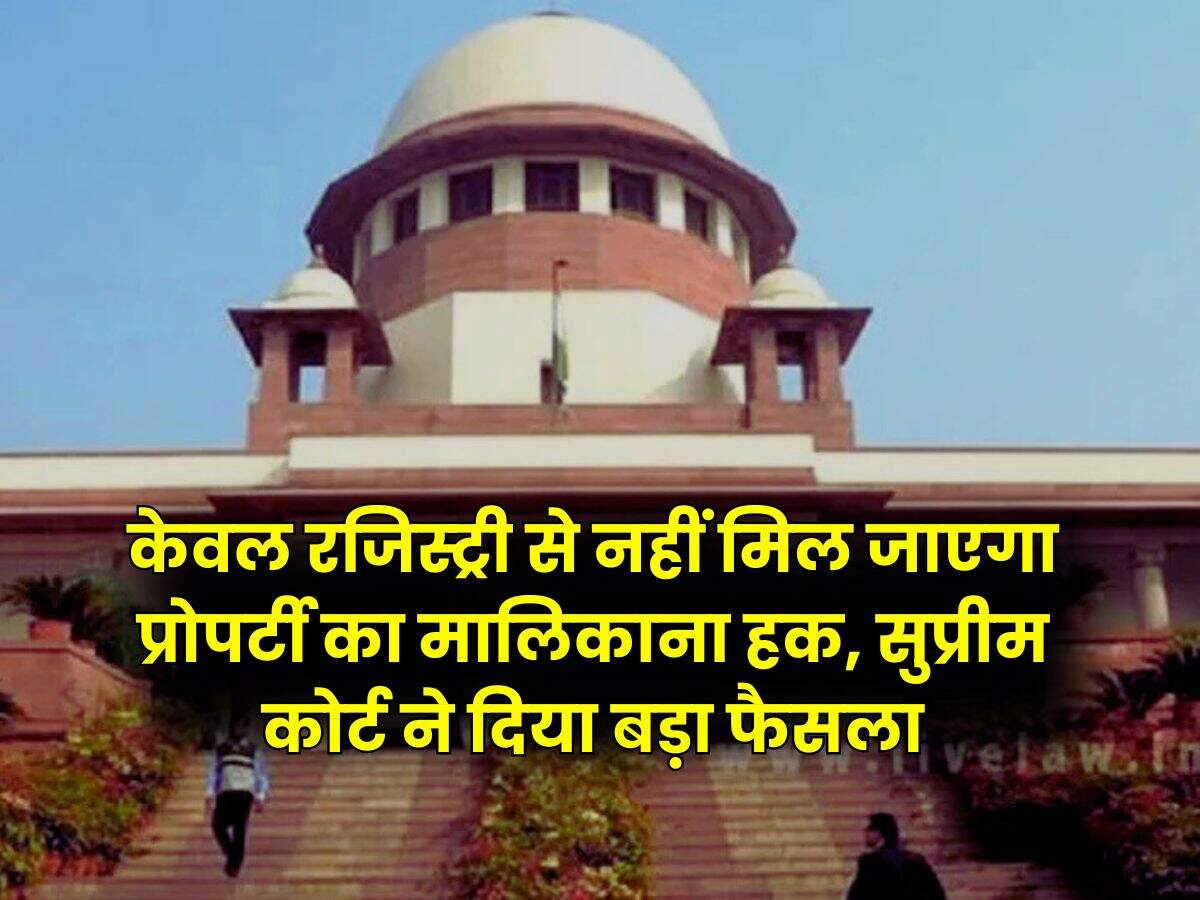Supreme Court Acquits Uttarakhand Woman in 2001 Dowry Harassment Case
Navin Samachar, Nainital, 29 August 2025 (Supreme Court Overturned High Courts Order) . In a significant judgment delivered on 29 August 2025, the Supreme Court of India acquitted Bhagwati Devi, a resident of Uttarakhand, who had been previously convicted of harassing her daughter-in-law over dowry—a charge that attracted a three-year prison sentence under Section 498A IPC.
 In overturning the conviction upheld by the Uttarakhand High Court, the Supreme Court emphasized that if a daughter-in-law had truly been subjected to harassing cruelty, the news would have spread faster than the wind, underscoring the need for concrete evidence.
In overturning the conviction upheld by the Uttarakhand High Court, the Supreme Court emphasized that if a daughter-in-law had truly been subjected to harassing cruelty, the news would have spread faster than the wind, underscoring the need for concrete evidence.
Case Origins and Judicial Proceedings
The case originated in June 2001, when Chandra Devi, married to Sanjay Mishra, died under suspicious circumstances at her matrimonial home. Her father lodged a complaint alleging dowry-related harassment. While the trial court dismissed charges of dowry death (Section 304B) and murder (Section 302), it convicted Bhagwati Devi under Section 498A. This decision was reaffirmed by the Uttarakhand High Court in 2014.
The appeal to the Supreme Court questioned the validity of the conviction, highlighting a lack of specific evidence and highlighting key discrepancies in the testimonies relied upon for conviction.
Evidence Examined: A Neighbor’s Crucial Testimony
In a case built largely on emotionally charged family testimony, the Supreme Court placed weight on the deposition of an independent neighbour (DW-1). She stated, “The accused never demanded dowry,” and reported that the deceased had only mentioned being unwell—not any harassment.
Justice Arvind Kumar and Justice N.V. Anjaria noted that dismissing this testimony because the events reportedly took place within the home was flawed reasoning. As they remarked, “Word spreads faster than the wind about a daughter-in-law being harassed for dowry.”
The bench further noted that the deceased’s father, mother, and brother—all presented as prosecution witnesses—gave inconsistent or unreliable statements. None cited any explicit dowry demand or sustained cruelty.
Supreme Court Verdict and Legal Implications
Finding no credible evidence to warrant a conviction under Section 498A, the Supreme Court allowed Bhagwati Devi’s appeal, set aside the previous judgments, and annulled her sentence. Her bail bonds were discharged, marking the end of the legal ordeal that had spanned over two decades.
This judgment aligns with precedent such as Manju Ram Kalita vs State of Assam (2009), which stressed that cruelty under Section 498A must be continuous and severe—not based on mere occasional or unsubstantiated claims.
A Cautionary Tale on Evidence and Legal Safeguards (Supreme Court Overturned High Courts Order)
Legal experts note the judgment highlights the importance of relying on tangible and corroborated evidence—especially when allegations stem from emotionally charged domestic environments. The Supreme Court reiterated that mere allegations, uncorroborated by independent witnesses or documentation, are insufficient for a conviction.
Section 498A is a stringent law aimed at curbing cruelty toward married women, but this verdict underscores that its application must be judicious and grounded in credible proof.
Click here to read today’s other and Uttarakhand’s latest updates on ‘Navin Samachar’. Click here to join our WhatsApp Group, WhatsApp channel, Facebook group, Google news, X, Threads, Telegram, Kutumb app and Dailyhunt. Click here to shop at maximum discounts on Amazon. If you feel that ‘Navin Samachar’ is doing good work then support us by clicking here…
(Supreme Court Overturned High Courts Order, Supreme Court Acquits Mother-in-Law, Uttarakhand Dowry Case, 498A IPC Acquittal, Dowry Harassment India, Dowry Case 2001 Verdict, Bhagwati Devi Judgment, Word Spreads Faster Than Wind Quote, Ambedkar Law News, Dowry Harassment Evidence, Section 498A Supreme Court,)
Discover more from Navin Samachar-Viral News
Subscribe to get the latest posts sent to your email.







